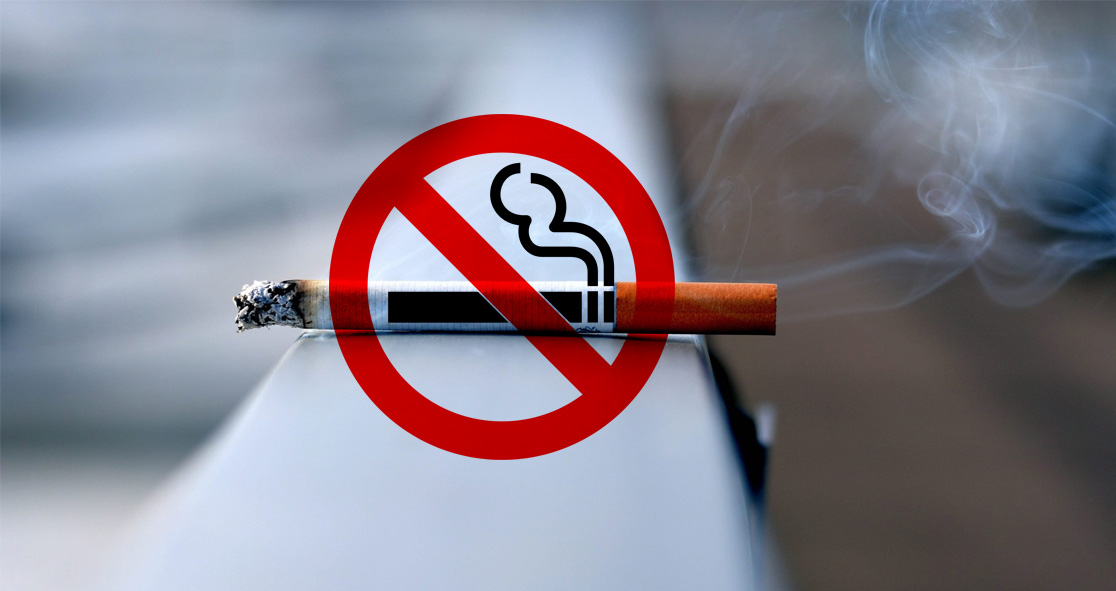New Zealand has announced it will ban smoking for the next generation, meaning those who are aged 14 and under will never be legally able to buy tobacco, according to The Guardian.
On Thursday, Dr. Ayesha Verrall, Associate Minister of Health and Associate Minister for Research, Science and Innovation, said that the new legislation would increase the legal smoking age every year so it can create a smoke-free generation of New Zealanders.
Announcing the new rule, she said, “This is a historic day for the health of our people.”
Apart from rising age, the NZ government announced other measures to make smoking inaccessible and expensive. It aims to make the country entirely smoke-free within the next four years. Other measures include significantly reducing the legal amount of nicotine in tobacco products, limiting the shops where cigarettes could legally be sold, and increasing funding to addiction services.
“We want to make sure young people never start smoking so we will make it an offense to sell or supply smoked tobacco products to new cohorts of youth,” Dr. Verrall said. “People aged 14 when the law comes into effect will never be able to legally purchase tobacco.”
Overall, the daily smoking rate dropped over time – from 18% in 2008 to 11.6% in 2018. However, the smoking rate was higher for Māori (29%) and Pacifika (18%).
Dr. Verrall said, “If nothing changes, it would be decades till Māori smoking rates fall below 5%.”
She believes eradicating smoking in the next four years was within reach. “I believe it is. In fact, we’re on track for the New Zealand European population. The issue is, though, if we don’t change what we’re doing, we won’t make it for Maori – and that’s [what] the plan is really focused on,” she stated.
Experts welcomed the new policies. Dr. Natalie Walker of the University of Auckland said, “New Zealand once again leads the world. This time with a cutting-edge Smokefree 2025 implementation plan. It’s truly a game-changer.”
However, some parties have criticized the new plan. For instance, the ACT party has argued that reducing the nicotine in tobacco products will hit lower-income people hardest, adding that they will have to buy more cigarettes and smoke more to access the same dose.
Dr. Verrall said the very low nicotine levels in tobacco products, which are stated in the laws, had been researched and proven to help people quit.
Some have even raised concerns over a growing black market for tobacco. Acknowledging this risk in initial proposals, the NZ government said, “Evidence indicates that the amount of tobacco products being smuggled into New Zealand has increased substantially in recent years and organized criminal groups are involved in large-scale smuggling.”























